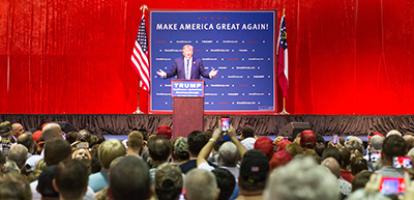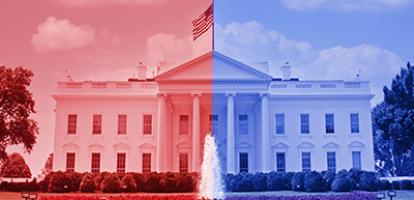From: Lawrence Herman
To: Chrystia Freeland, Minister of Global Affairs
Date: March 8, 2018
Re: On Tariffs, There are Rules. And Here's One, Mr. Trump
" . . . or other emergency in international relations.'' These are key words in Article XXI of the General Agreement on Tariffs and Trade (GATT) and, in terms of international law, have implications for Donald Trump’s threat to impose tariff surcharges on imports of steel and aluminum.
He is using a US law - section 232 of the 1962 Trade Expansion Act - a rarely used and rather obscure statute as the basis for his threatened actions. It gives him the legislative authority to implement the Commerce Department’s national security recommendations issued last month.
Whatever US law may say, however, doesn’t mean Trump has the right to take such unilateral measures under international law, in this case, Article XXI of the GATT, which is part of the WTO Agreement and to which the US is bound. Article XXI (entitled “Security Exceptions”) sets out exceptions to a member State’s otherwise binding treaty obligations, including the prohibition against unilateral tariff hikes. Here’s what it says:
Nothing in this Agreement shall be construed . . .
(b) to prevent any contracting party from taking any action which it considers necessary for the protection of its essential security interests . . .
(iii) taken in time of war or other emergency in international relations . . .
The scope of Article XXI, paragraph (b) has rarely been discussed in the GATT era or in WTO councils since. While some inclusive GATT discussion arose during the Falklands war in 1982, the US-Nicaragua confrontation in 1985 and the war in Yugoslavia in 1991, there have been no detailed conclusions on the scope of this wording and therefore there is not much institutional guidance as to how far members can go in invoking these security exceptions.
However, it is clear that Article XXI contains both subjective (“which it considers necessary . . .) and objective (“or other emergency in international relations”) elements. While a WTO member can take extraordinary measures for what it deems to be in its own national security interests, that action has to be based on an objective situation of war or other “emergency in international relations.”
In other words, as a matter of international law, whether an emergency in international relations exists is evidence-driven and not up to a unilateral and self-determined claim by that government alone.
The Commerce Department’s section 232 report is full of arguments about the security interests of the United States. It contains not the slightest suggestion that there is anything amounting to an “emergency in international relations”. Nothing coming out of the While House even mentions US GATT or WTO obligations. It’s as if these didn’t even exist.
Those obligations do exist. If the Trump tariffs are applied, WTO members whose trade has been “nullified or impaired” have the right to take countermeasures. Those countermeasures can involve surcharges or quotas on US imports.
The procedures for WTO members applying those countermeasures are for another chapter in this unfortunate saga.
Lawrence Herman is a principal at Toronto-based Herman & Associates. He practises international trade law and is a senior fellow of the C.D. Howe Institute.
To send a comment or leave feedback, click here.





